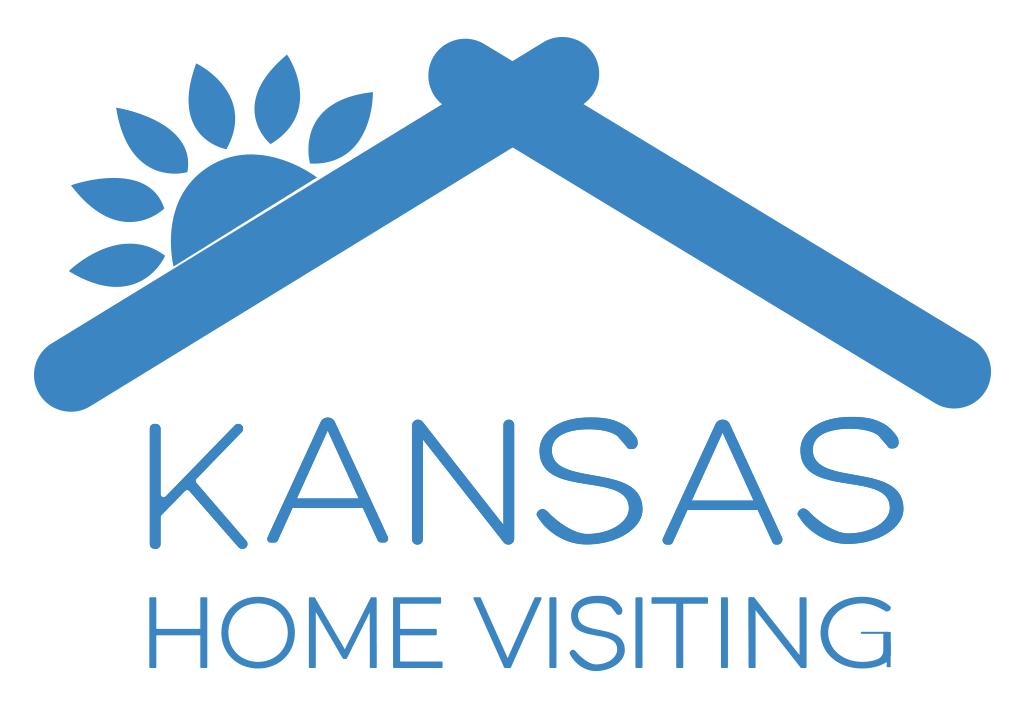The role of the home visitor is to provide support and information to each family visited, serving as a screener in identifying potential problems to be referred to the professional supervisor.
Home Visitors Will:
- Visit families to provide nonthreatening, friendly support
- Visit each mother/family currently expecting a baby or with an infant less than 12 month of age within two weeks (10-14 days of referral)
- Provide a resource list to families for local service options such as transportation, child care, financial support, health and medical services, social services, longer-term home visiting programs, etc.
- Refer to local resources as indicated, facilitate successful linkages, and follow up
- Follow-up with needed and appropriate educational information
- Observe families for any current or potential problems
- Alert supervisors of existing or potential problems
- Conduct return visits for ongoing education and support as necessary and determined with supervisor
- Seek client referrals from local health department programs, hospitals, physicians, child welfare/DCF, and all available local resources to initiate visits to a client prior to and during the hospitalization period
- Participate in outreach activities in the local community to promote home visiting
- Complete and submit reports accurately and timely
- Participate in required training provided by KDHE
Positive Impact
Support and education for pregnant women and families with newborns can increase the use of preventive health services and reduce the incidence of poor outcomes for infants and their families.
Menu





